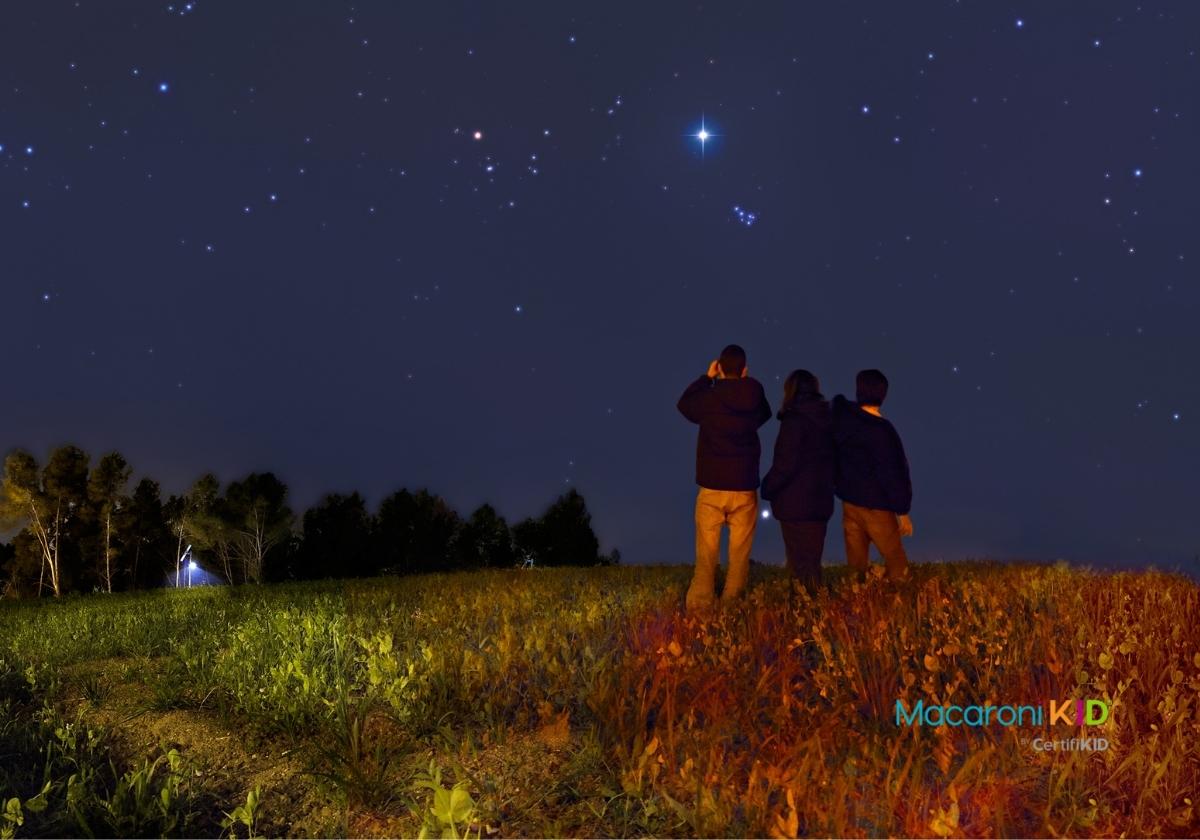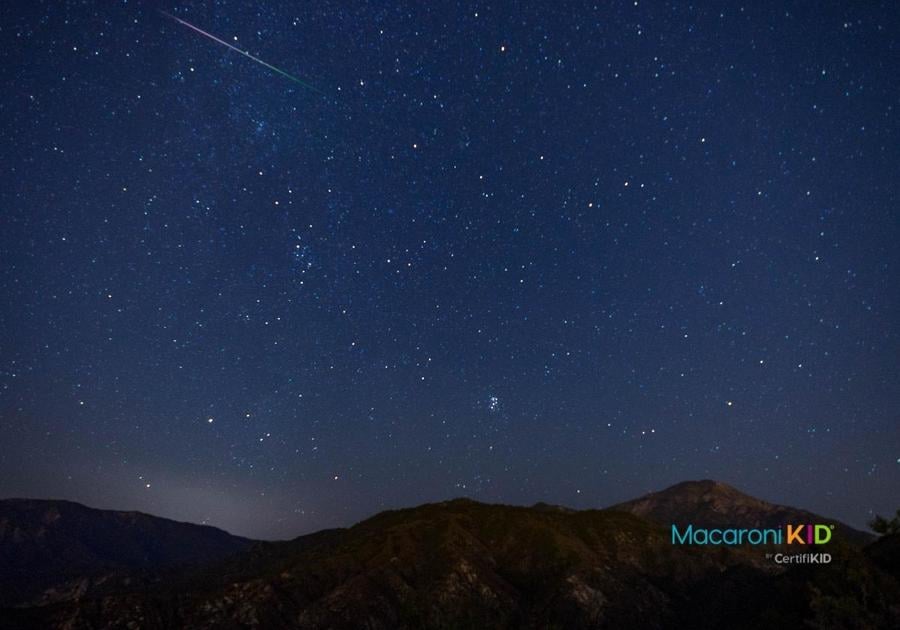One of my favorite memories of growing up on a farm in Wisconsin was the view of the night sky. We could see so many stars away from city lights. Every so often we would get lucky enough to see a shooting star.
Now we live close to town and it's harder to see what's up there after dark. But this time of year is always an exception because of the Perseid meteor shower!
The Perseids can be seen every year from mid-July through mid- to late-August. Typically, the Perseid meteor shower peaks for us Earthbound viewers on August 11, 12 and 13. But this year, with a full moon on Aug. 11, the meteor showers will be harder to see. Astronomers believe late July and early August will be the best time to see the meteor showers in 2022.
Fun facts about the Perseid meteor showers
If you have curious kids like mine, they'll want to know exactly what they're looking at and will have a lot of questions. Impress your kids with your vast knowledge of the universe with these five fun facts from Astronomy.com:
- The Perseids are caused by a giant comet 109P/Swift-Tuttle, which left a wide stream of debris in its wake. Earth is passing through that debris. But don't worry – they're small pieces, each about the size of a grain of sand, so they won't hurt us.
- Mid-August is the peak of the Perseids because we will be passing through the densest portion of the debris.
- We see the "shooting stars" (that aren't really stars) when the tiny pieces of dirt and dust hit our atmosphere at a high speed and make a flash of light when they burn up.
- During most nights of the Perseids, you might be lucky enough to see a dozen or two meteors an hour. But during the peak nights, you can expect to see 50-70 per hour, depending on how dark it is around you!
- It's called the Perseid meteor shower because the meteors look like they are coming from the constellation Perseus.
 photocluster via Canva |
How to see the free show
Where do you look for these little falling balls of light? Just look up! There's not one particular direction to look, but east right before sunrise when the moon is low in the sky will give you the best luck.
The really cool part is you don't need special equipment to see the Perseid meteor showers In fact, it's easier to view it with your naked eye than through the limited lens of a telescope or binoculars.
Bonus: Venus, Mars, Jupiter, and Saturn can all be seen during August. You can read more about spotting them at www.astronomy.com.
The best way to view the Perseids is when the sky is clear and dark and you're away from a lot of light. So head out of town. Grab a blanket (lying down gives you the widest view of the sky), jackets, and snacks, then find a safe place to watch and have a blast making memories with your kids.
Want to know more? You can find out more about the Perseid meteor shower and all kinds of other cool things about space at spaceweather.com, www.space.com, and www.astronomy.com.



